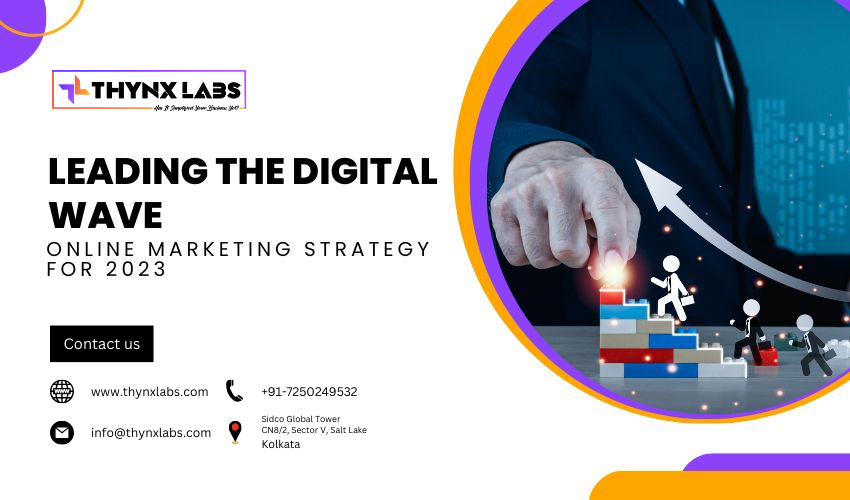What is Holistic Marketing
What is Holistic Marketing? A Complete Guide with Benefits
Holistic marketing is a comprehensive approach that considers the entire business and all its stakeholders as interconnected and interdependent parts. This marketing strategy aims to create a cohesive and unified business experience by integrating all aspects of marketing communication, from advertising and sales to public relations and customer service. By focusing on the big picture, holistic marketing helps businesses achieve long-term success and sustainable growth.
Understanding Holistic Marketing
Holistic marketing is rooted in the belief that a business’s various components—internal and external—must work together to create a consistent and positive brand image. This approach encompasses four main components: relationship marketing, integrated marketing, internal marketing, and socially responsible marketing.
- Relationship Marketing: This aspect focuses on building long-term relationships with customers, employees, suppliers, and other stakeholders. By nurturing these relationships, businesses can enhance customer loyalty and satisfaction, leading to repeat business and positive word-of-mouth.
- Integrated Marketing: Integrated marketing ensures that all marketing activities and communications are aligned and work together harmoniously. This includes advertising, sales promotion, direct marketing, and online marketing efforts, all conveying a consistent message and reinforcing the brand’s values.
- Internal Marketing: Internal marketing emphasizes the importance of aligning and motivating employees at all levels to deliver a cohesive customer experience. Employees are seen as brand ambassadors who need to understand and embody the company’s mission, values, and objectives.
- Socially Responsible Marketing: This component focuses on the ethical, social, and environmental impacts of marketing activities. Businesses adopting this approach aim to contribute positively to society by promoting sustainability, ethical practices, and social responsibility.
Benefits of Holistic Marketing
Enhanced Brand Consistency
Holistic marketing ensures that all marketing efforts are consistent and aligned with the brand’s core values and message. This consistency helps build a strong, recognizable brand identity that resonates with customers and differentiates the business from competitors.
Improved Customer Experience
By integrating all aspects of marketing and focusing on building relationships, holistic marketing creates a seamless and positive customer experience. Satisfied customers are more likely to become loyal advocates for the brand, leading to increased customer retention and positive referrals.
Greater Employee Engagement
Internal marketing plays a crucial role in holistic marketing by ensuring that employees are engaged and motivated. When employees understand and believe in the company’s mission and values, they are more likely to deliver exceptional service and contribute to a positive brand image.
Increased Efficiency
Holistic marketing streamlines marketing efforts by integrating various activities and ensuring they work together towards common goals. This integration reduces duplication of efforts, minimizes conflicts, and enhances overall marketing efficiency.
Sustainable Growth
By considering the long-term impacts of marketing activities and focusing on building lasting relationships, holistic marketing supports sustainable business growth. Companies that adopt this approach are better positioned to adapt to changing market conditions and maintain a competitive edge.
Implementing Holistic Marketing
Develop a Unified Marketing Strategy
Creating a unified marketing strategy is the first step towards implementing holistic marketing. This strategy should outline the company’s core values, mission, and objectives, and ensure that all marketing activities align with these elements.
Foster Collaboration
Encouraging collaboration among different departments and stakeholders is crucial for holistic marketing. Regular communication and teamwork ensure that everyone is on the same page and working towards common goals.
Invest in Employee Training
Training and motivating employees to understand and embody the company’s mission and values is essential for internal marketing. Provide regular training sessions, workshops, and incentives to keep employees engaged and aligned with the brand’s objectives.
Monitor and Evaluate
Continuously monitoring and evaluating marketing efforts is vital for maintaining a holistic approach. Use metrics and feedback to assess the effectiveness of marketing activities and make necessary adjustments to stay aligned with the company’s goals.
Conclusion
Holistic marketing is a comprehensive approach that integrates all aspects of a business’s marketing efforts to create a cohesive and consistent brand experience. By focusing on relationship marketing, integrated marketing, internal marketing, and socially responsible marketing, businesses can enhance brand consistency, improve customer experience, engage employees, increase efficiency, and support sustainable growth. Implementing holistic marketing requires a unified strategy, collaboration, employee training, and continuous monitoring, but the benefits are well worth the effort. Adopting this approach can help businesses achieve long-term success and remain competitive in today’s dynamic market.


